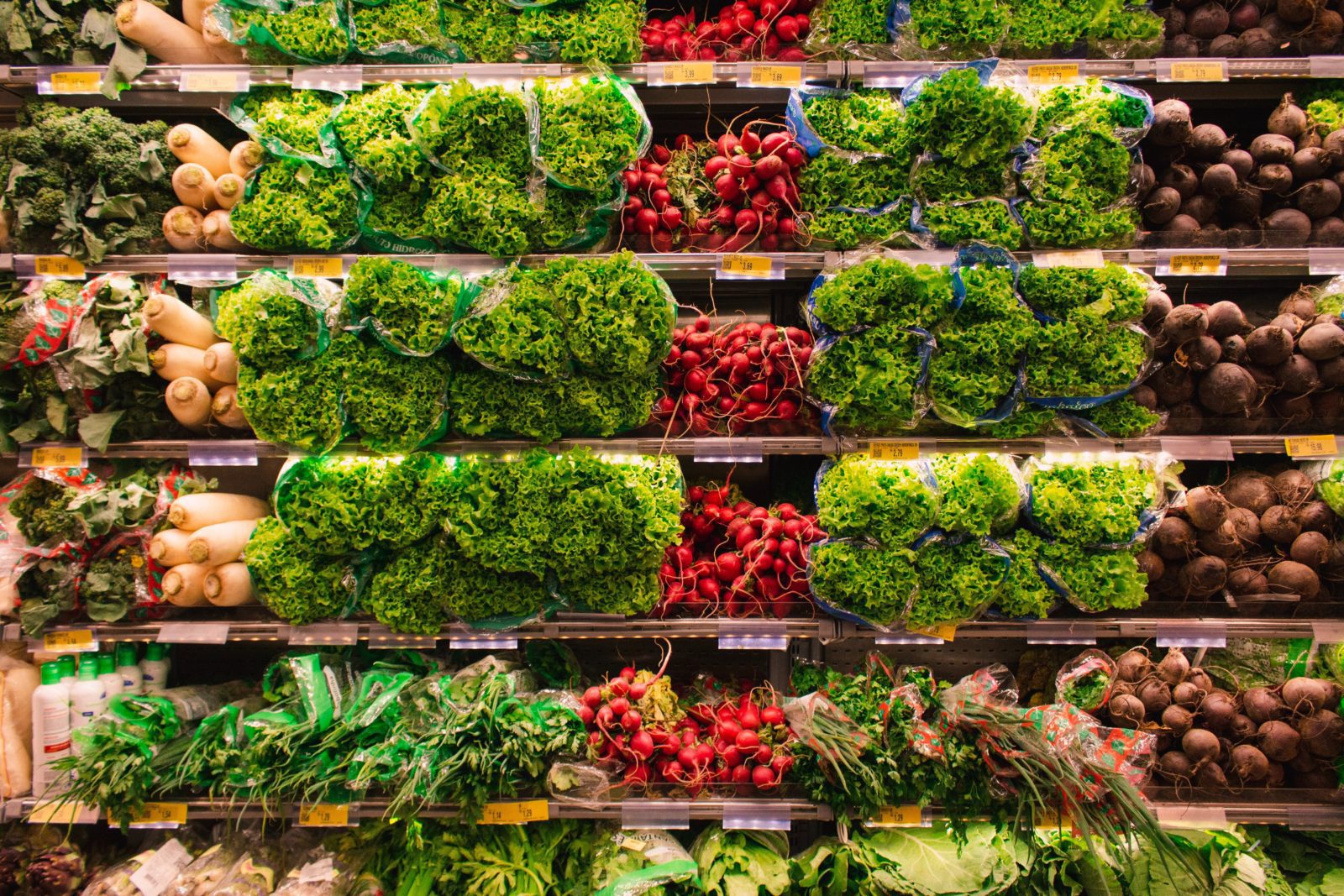World food prices continued to fall in September. Their index fell for the sixth consecutive month, further away from the record set at the beginning of the year. The fall in vegetable oil prices was a major contributing factor. The Food and Agriculture Organisation (FAO) said in a report on Friday.
The aggregate index, which tracks the prices of cereals, vegetable oils, dairy products, meat, and sugar on international markets, fell to 136.3 points from a revised 137.9 points recorded in August.
However, the index is 5.5 percent higher compared to September last year. In March this year, following Russian troops’ February invasion of Ukraine, the index climbed to a record 159.7 points.
Vegetable oil prices are down 6.6 percent month on month, owing primarily to increased supply and a drop in oil prices. Sugar, dairy, and meat prices also declined, easing inflationary pressures.
In contrast, the cereal price index rose by 1.5 percent month-on-month. Wheat prices rose by 2.2 percent due to crop concerns in Argentina and the United States, high EU exports, and increased uncertainty about future access to Ukrainian Black Sea ports. Rice prices also rose 2.2 percent, partly due to concerns about the recent flooding in Pakistan.
The FAO also cut its cereal production outlook this year to 2.768 billion tonnes from the previous 2.774 billion tonnes. This is 1.7 percent lower than last year’s estimated production. World cereal consumption is expected to exceed production by 2.784 million tonnes in 2022/2023. This should reduce world stocks by 1.6 percent to 848 million tonnes compared to 2021/2022.






DianaD: “I’m just starting out and this range seems ambitious but achievable. Does this pay range include freelance work, or is it mostly for full-time positions?”
Review my web blog: Online Social Media Jobs
Play, win, and create unforgettable gaming memories Lucky Cola